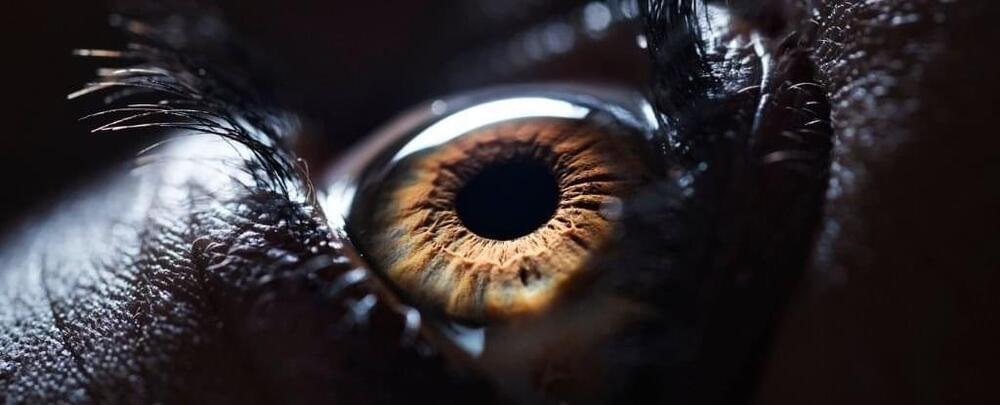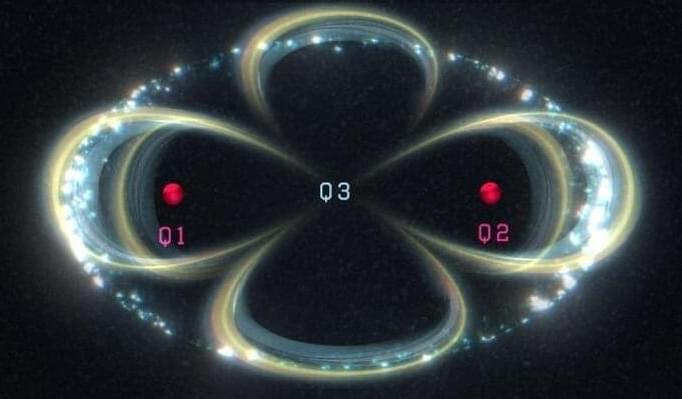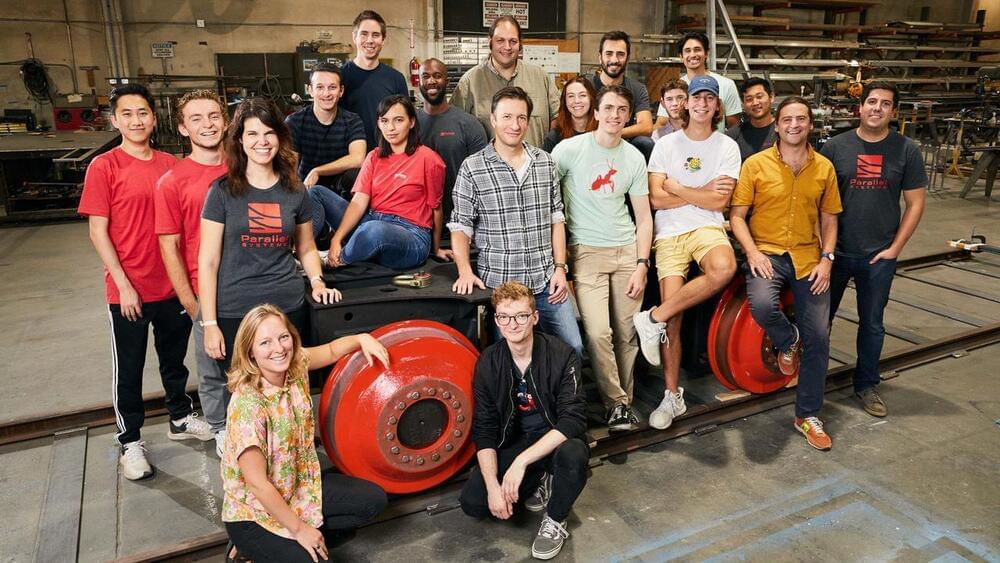How many black holes are out there in the Universe? This is one of the most relevant and pressing questions in modern astrophysics and cosmology. The intriguing issue has recently been addressed by the SISSA Ph.D. student Alex Sicilia, supervised by Prof. Andrea Lapi and Dr. Lumen Boco, together with other collaborators from SISSA and from other national and international institutions. In a first paper of a series just published in The Astrophysical Journal, the authors have investigated the demographics of stellar mass black holes, which are black holes with masses between a few to some hundred solar masses, that originated at the end of the life of massive stars. According to the new research, a remarkable amount around 1% of the overall ordinary (baryonic) matter of the Universe is locked up in stellar mass black holes. Astonishingly, the researchers have found that the number of black holes within the observable Universe (a sphere of diameter around 90 billions light years) at present time is about 40 trillions, 40 billion billions (i.e., about 40 × 1018, i.e. 4 followed by 19 zeros!).
A new method to calculate the number of black holes
As the authors of the research explain: This important result has been obtained thanks to an original approach which combines the state-of-the-art stellar and binary evolution code SEVN developed by SISSA researcher Dr. Mario Spera to empirical prescriptions for relevant physical properties of galaxies, especially the rate of star formation, the amount of stellar mass and the metallicity of the interstellar medium (which are all important elements to define the number and the masses of stellar black holes). Exploiting these crucial ingredients in a self-consistent approach, thanks to their new computation approach, the researchers have then derived the number of stellar black holes and their mass distribution across the whole history of the Universe.






